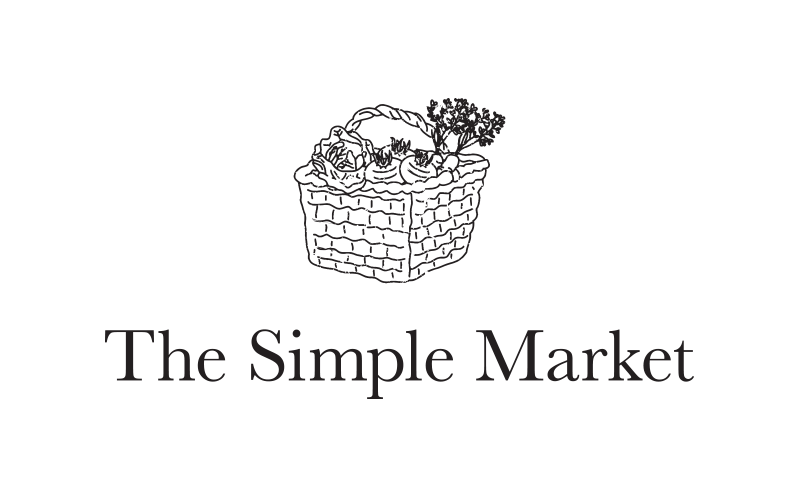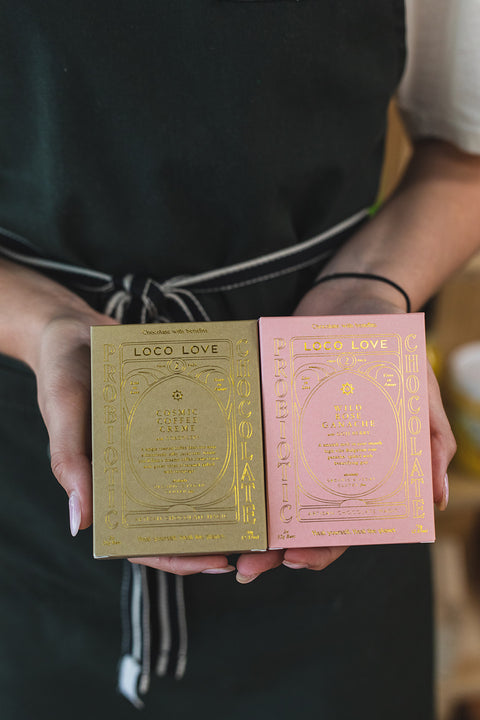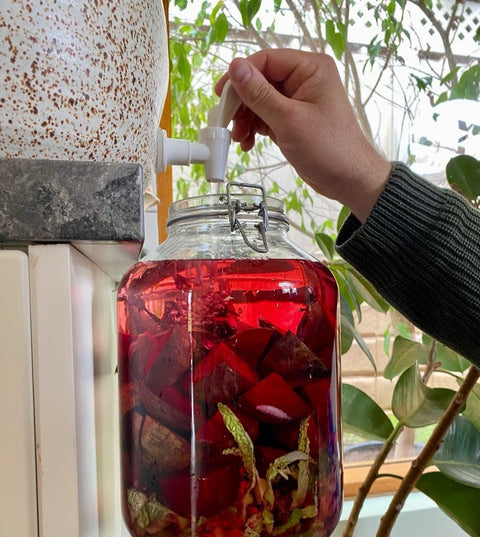Did you know that your gut not only holds the secrets to health, but it can also unlock the very essence of what it means to be human?
It’s the bacteria in our gut that give us bio-intelligence
In 2000, after years of research and a massive collaborative endeavour, scientists completed mapping out the Human Genome Project. The results were astonishing. They naturally assumed that a species with the intelligence of humans would possess an extensive genetic code to match. However, there are only 20,000 genes in the human genome - this places our gene count somewhere between a flea and a fruit fly!
Through our symbiotic relationship with gut bacteria, humans have co-evolved with microbes to have access to over 2 million genes. This symbiotic relationship plays a role in epigenetics, and modulates our health in ways that may impact mood, inflammation, and the development of chronic diseases, such as autoimmunity, Alzheimer’s and dementia.
Microbes, minerals and soil
American MD, nutritionist and educator Zach Bush writes that “You have almost no genetic intelligence until you’re in relation to the human gut… we have a richness of biology because we became vessels for earth, we grew soil within us… humanity at it’s fullest potential is as a result of this garden”.
Because humans have co-evolved with bacteria over hundreds of thousands of years, it is vital that we feed these microbes so that we can continue to have access to these genetic factors that our microbes influence. More and more, it seems that to be human is a cosmic exchange of microbes, minerals and soil.
How to help your gut microbes flourish
Now that we’ve established the importance of our gut microbiome, we’d like to share a few simple tips on how we can establish the optimal conditions for our gut microbes to thrive.
-
Incorporate prebiotic and probiotic-rich foods into your daily diet. Think fermented food - Sauerkraut, Kimchi, Beetroot Kvass, Miso, Kombucha, Kefir, and Yoghurt, just to name a few. These fermented foods are teeming with beneficial live bacteria, which positively influence our gut microbial balance, preventing it from going into dysbiosis.
Prebiotic foods, such as dandelion and chicory root, and Jerusalem artichokes, are also rich in fibres which feed our microbial communities, keeping our good gut buddies alive. One of our favourite ways to incorporate prebiotics into our day is to sip on a cup of roasted Dandelion & Chicory Root tea - the rich flavour is also a satisfying substitute for that 3pm coffee craving!
-
Increase diversity. Diversity is key to life, and your gut is no different. Fibre is literally the fuel that feeds your gut microbiome. Gut health experts recommend eating a diet that is rich in different plant foods - eat as widely as you can, but a minimum of 30 different plants per week is recommended to introduce a wide array of microbial food sources into your gut microbiome. Your gut buddies then eat this food, turn it into beneficial by-products like the short-chain fatty acid butyrate, which encourages healthy digestive function and reduces leaky gut.
-
Supplement with probiotics where necessary. Sometimes we need a little help getting our gut health back into balance, and that’s where a good quality probiotic which is appropriate to your need can come in handy. Activated Probiotics is a high quality, practitioner-grade probiotic supplement that we have recently started stocking here at the Simple Market. Probiotic bacteria are here for a good time, not a long time, therefore it is important that we are constantly introducing beneficial bacteria into our GI tract. A helpful analogy is to imagine them like building renovators - coming into your home, fixing up structural defects, and making the house look beautiful so you can invite all your friends over (commensal gut bacteria).
In this way, probiotics don’t live in the body, but as they pass through our GI tract, they engage in structural repair activities, such as thickening the mucin layer, and repairing any gaps in tight junctions between cells in our gut which might lead to “leaky gut”. Talk to one of our naturopaths in store about which probiotic is right for you and your health.
- Eat organic. We know that chemical herbicides such as glyphosate have an irritating effect on the gut lining, and can cause structural damage which results in leaky gut. Eating organic is the easiest way to avoid these chemical pesticides and herbicides, as well as ensuring your food is grown in high quality organic soil, which is teeming with beneficial soil microbes!
In general, these daily gut health habits are aimed at helping to create the conditions for our own commensal gut bacteria to flourish. Visit us in store today to ask more about our favourite products for unlocking optimal gut health!




Comments (0)
There are no comments for this article. Be the first one to leave a message!